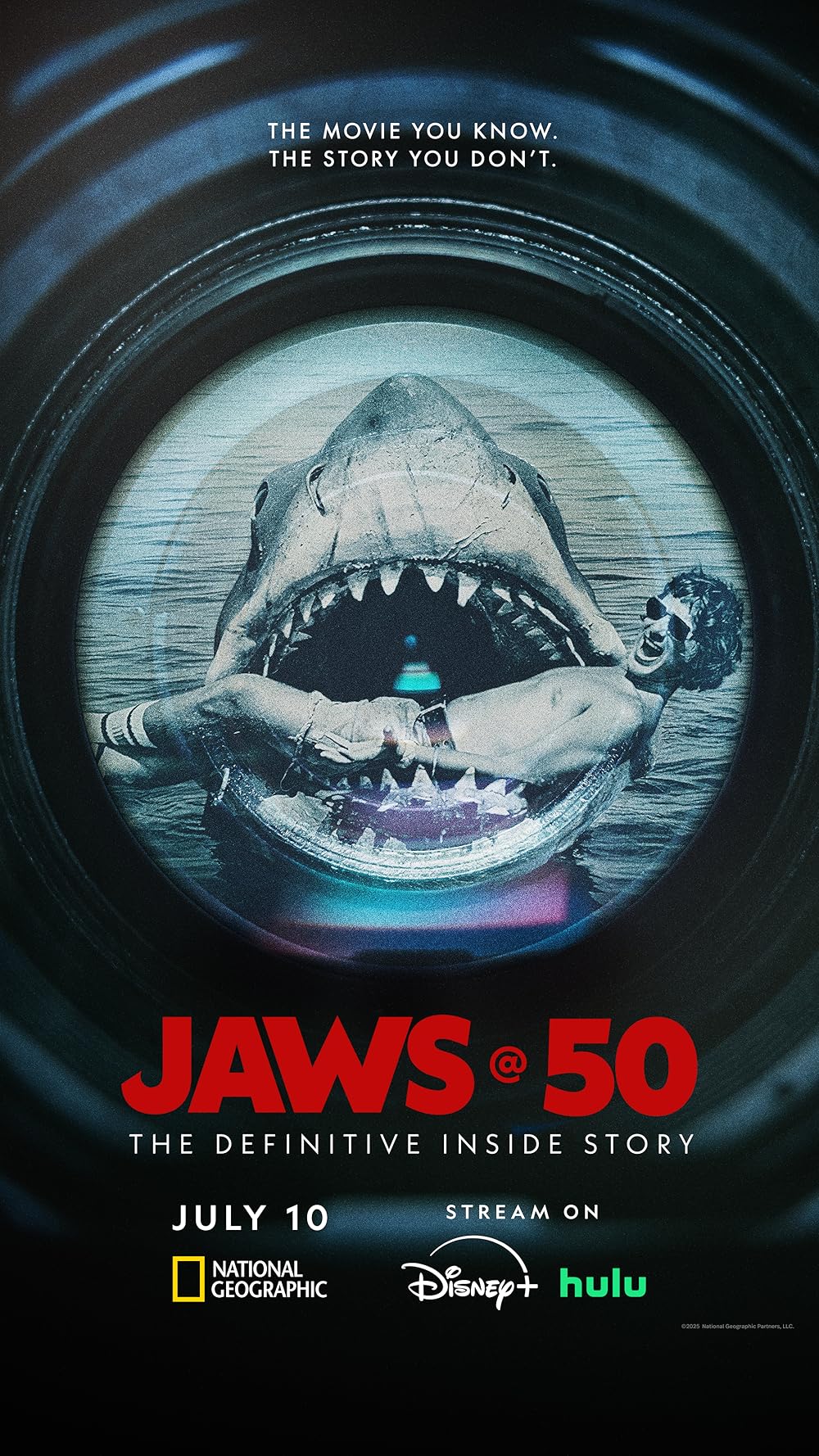There are a number of striking revelations in the documentary Jaws @ 50: The Definitive Inside Story that’s currently on Hulu in honor of the fiftieth anniversary of the release of Jaws, Steven Spielberg’s masterpiece of oceangoing terror. But the most delightful is that Fidel Castro read the source material, Peter Benchley’s same-named bestselling novel, and made this appreciative comment: “It’s a marvelous metaphor for the corruption of capitalism.”
For many years, leftists on social media have viewed the movie in this light, especially by expressing their affection for Murray Hamilton’s performance as the smarmy and ruthless mayor of Amity, the Massachusetts tourist town where a monstrous great white shark feeding on local swimmers threatens to ruin the summer tourist trade. The character of Mayor Larry Vaughn is applicable to so many situations in the United States. Every time another governmental authority figure sacrifices the well-being of citizens for the sake of the “bigger financial picture,” which is every day of our lives, we can trot out Murray Hamilton as the mayor for quick satirical commentary on the perverse earthly hell we’re burning in.
“Those beaches will be open on Fourth of July,” the mayor orders the beleaguered police chief Martin Brody (Roy Scheider), overriding any concern for human welfare. And indeed, the beaches are open and crowded, but the beachgoers are afraid to take a dip in the water, so the mayor personally starts herding them in lest the photo ops look odd and the tourist dollars stop flowing. “Remember, as you know, Amity means friendship,” he says reassuringly to a TV reporter, grinning his empty-eyed politician’s grin.
That’s the shark we know, the human-shark, one of the many that dominate American life. The shark we don’t know — or didn’t, in 1975 — is Spielberg’s “perfect eating machine,” the rarely glimpsed great white that fills us with atavistic terror. But we get its underwater shark’s-eye view of all that vulnerable human flesh kicking and splashing near the surface as John Williams’s ominous two-note theme sounds the warning of imminent bloody attack.
Jaws is a real 1970s film, made when the angry, assertive social justice politics of the era still infused the culture and the movies. “It was the turbulent time of the Vietnam War and Watergate,” as Spielberg noted of the backdrop to making Jaws. The “New Hollywood” cinema of the 1960s to ’70s was influenced by European art films movements like Italian neorealism and the French New Wave, the radical cinema of liberation known as Third Cinema — centered in Latin American countries but meant to represent a three-continent struggle for postcolonial freedom in Latin America, Africa, and Asia — and the underground and experimental cinema flourishing in the United States as well as internationally. The combined strength of those influences had their effect on mainstream commercial films of that era, which were often surprisingly daring in both content and style. Young filmmakers who had strong political views were given unprecedented access to studio projects because, at a time when the old studio system was on its last legs, hiring them was a desperate final gambit to hang onto “the youth audience.”

